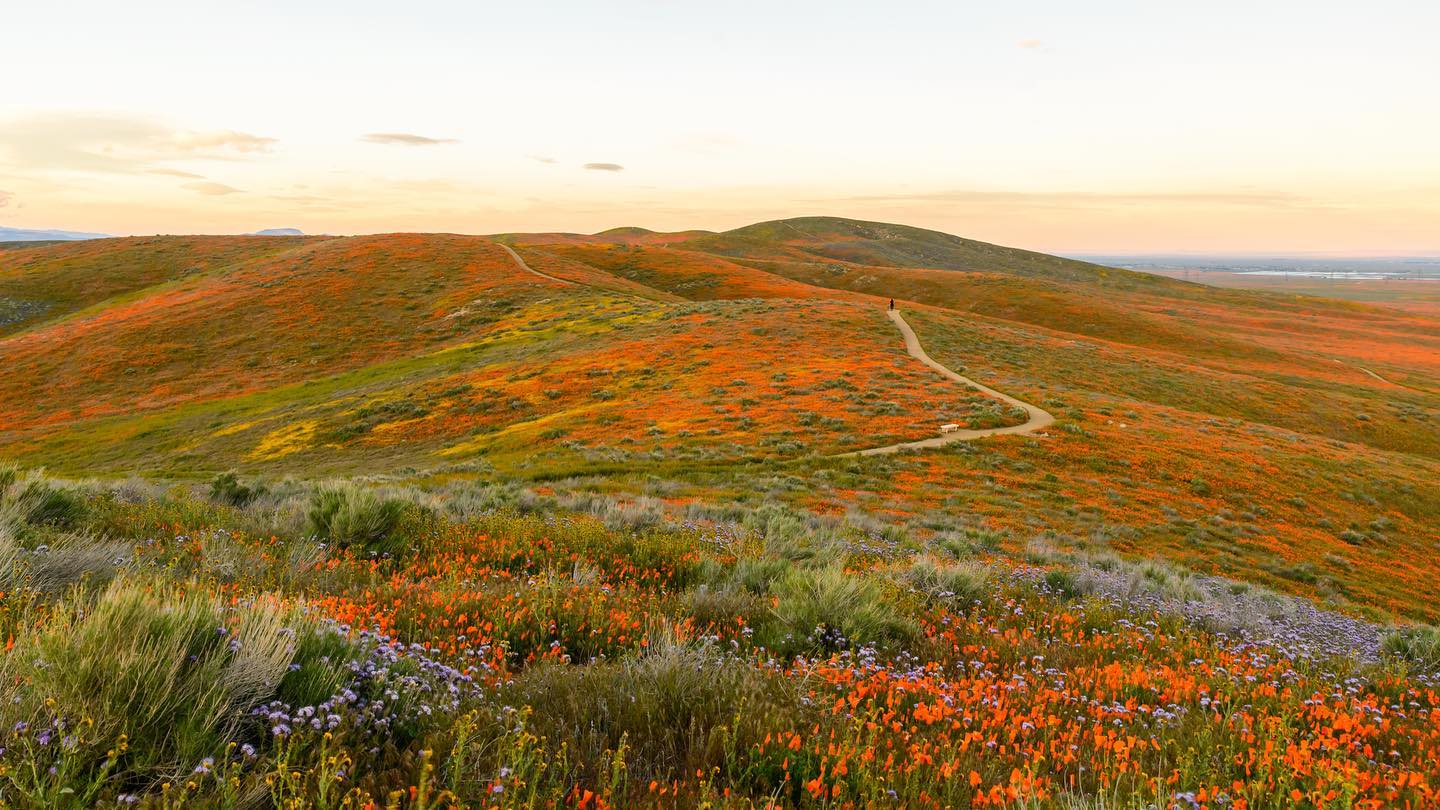 The City of Lancaster is excited to announce that Bluehouse Greenhouse, Inc. (BHGH) is coming to the City to build a 62-acre greenhouse production facility that uses leading-edge technology to sustainably grow fruits and vegetables. “The BHGH facility will use an advanced closed loop sustainable ecosystem design to create the optimal environment for plant life, increasing quality, production, and consistency,” Lancaster Mayor R. Rex Parris said. “This is the future of farming, and we are thrilled that Lancaster will help to foster this unique and critically needed agriculture technology.”
The City of Lancaster is excited to announce that Bluehouse Greenhouse, Inc. (BHGH) is coming to the City to build a 62-acre greenhouse production facility that uses leading-edge technology to sustainably grow fruits and vegetables. “The BHGH facility will use an advanced closed loop sustainable ecosystem design to create the optimal environment for plant life, increasing quality, production, and consistency,” Lancaster Mayor R. Rex Parris said. “This is the future of farming, and we are thrilled that Lancaster will help to foster this unique and critically needed agriculture technology.”
Greenhouse agriculture is a commercial and sustainable method of farming that has taken years of science, data, and optimization to reach its current stage. The technology was started by the Dutch after World War II, perfected over time, and adapted around the world as a better way to grow fresh fruits and vegetables. The enclosed glass and steel, climate-controlled greenhouses create the optimal growing climate for plants to thrive.
“Our greenhouses will combine traditional agriculture practices with advanced technologies to grow the best tasting, highest quality produce,” said Ari Kashani, Founder of BHGH. “We are advancing agriculture to the new era; a more sustainable one. Our controlled greenhouses will produce 3,000% more yield per acre than a traditional farm, will use 90% less water, require 90% less human handling and will be free from any herbicides.”
As an example of the sustainability of greenhouse farming, a standard head of lettuce grown in the field consumes about 28 gallons of water from seed to harvest. In a greenhouse, the consumption drops to less than 2 gallons. The 62-acre BHGH Flagship facility will produce over 50 million pounds of fresh fruits and vegetables annually to be distributed to local and regional markets.
BHGH has worked closely with the City’s Planning Division to ensure that Lancaster’s standards for building efficient and sustainable structures were met. “The project will bring hundreds of new construction jobs to the City, as well as over 200 permanent skilled jobs,” said Ari Kashani. “Innovation, technology, sustainability, and productivity drive the City’s long-term success for supporting forward-thinking industries and has earned the city a third time win as Los Angeles Economic Development Corporation’s ‘Most Business-Friendly City.’ With an abundant source of natural light, dry manageable climates, excellent transportation linkages, and a strong, supportive local community, Lancaster is the ideal location to ensure highly productive and profitable operations. Lancaster was also strategically chosen for itsproximity to a dense hyper-local population with over 24 million residents in Southern California alone.”
Today, over 60% of vine crops consumed in the United States are imported from other countries. “There’s an increasing need to replace imports with domestically grown produce,” said Kashani. California is one of the largest agricultural states in the country but increasingly faces climate and water challenges. “For agriculture to remain a dominant industry, farming practices must leverage today’s technological advances. With the future of field farming becoming ever more uncertain, greenhouse agriculture is becoming more of a necessity,” said Kashani.
“This marks the beginning of an important movement that can become a model for the entire nation to build secure and self-sufficient controlled agricultural environments,” Parris said. “It’s a whole new, more efficient and sustainable way to cultivate, produce, and feed our country.”
Antelope Valley Engineering, a local design and engineering firm with deep roots in the Antelope Valley, is leading the master planning and engineering effort for this intricate agro-park development. The facility is slated to break ground in Winter 2021/2022 and plans to be in production with fruits and vegetables on the marketin late Winter 2022.





